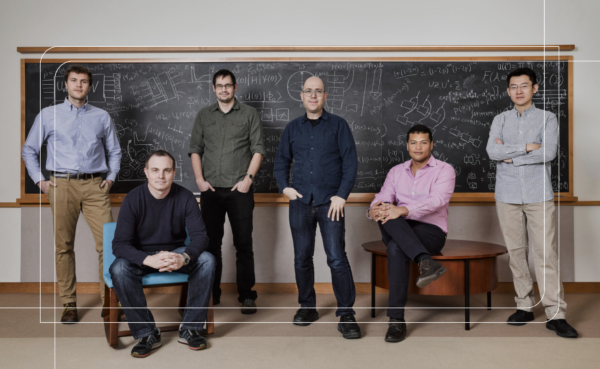Our Founding Story
Revolutionizing generative AI for industry.
In 2017, Zapata AI spun out of Harvard, where our founders pioneered the field of near-term quantum algorithms. This included the invention of VQE, the original variational quantum algorithm. We took our name from Emiliano Zapata Salazar, whose leadership in the Mexican Revolution inspires our own revolutionary ambitions. Today, we are on a mission to create value for enterprises with Generative AI and quantum algorithms.

